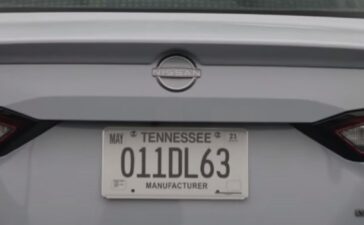The check engine light is a messenger coming from your vehicle, it might be a small light but it carries a big and important message. The message delivered by this device is a potential issue.
Although a steady check engine light might be an indicator of a not so serious problem you will want to pay more attention to a blinking change check engine light since it is a sign of urgent alarm and a serious issue.
When the driver sees the check engine light flashes during the Startup it often leaves the driver confused and stressed.
Now we are going to explore the reason behind the check engine light flashes on startup.
Some of the most common reasons behind the flashing check engine light are engine misfires followed by problems in the fuel system and then internal engine issues.
These problems have the capability of getting worse if not addressed appropriately.
You might also enjoy: What to Do When The BMW Check Engine Light Comes On?
Understanding the Check Engine Light
The check engine light is the vehicle’s warning system from the vehicle’s onboard diagnostic system. A light-up check engine light is a sign of an out-of-order component in the vehicle.
And nonurgent problem is signaled by a steady light, but a flashing light is the indicator of a serious issue that demands immediate attention.
You can also check this:
Check Engine Light Flashes on Startup: 7 Reasons
1- Engine Misfires
Cause: if the engine’s combustion process gets disrupted the engine misfire happens.
This disruption can happen because of a variety of factors which include worn-out spark plugs, defective ignition coils, or in some cases fuel delivery system.
The result of a cylinder malfunction can consist of vibration, increased emissions, and decreased power.
Solution: the answer to engine misfires is a comprehensive diagnosis. You might want to start by checking spark plugs and changing them if they are worn out.
If the problems continue try checking the ignition coils and the fuel delivery system. Try regular maintenance like scheduled oil changes and using quality fuel can stop misfires from happening.
You might also enjoy: Flashing Check Engine Light Then Stops: Causes and Fixes
2- Faulty Fuel System
Cause: the fuel system’s main responsibility is to make certain and correct volume of fuel gets to the engine. Defects in the system like a clogged fuel filter a malfunctioning fuel pump or faulty fuel pressure can be the reason behind the disruption in this process causing poor engine performance.
Solution: To make certain of the optional fuel flow you must replace the fuel filter regularly. If you think a malfunctioning pump is responsible try listening to whining sounds from the fuel tank and reduction in fuel pressure.
Fiol additives can also be helpful in order to clean the system and boost the system’s overall performance.
3- Internal Engine Problems
Cause: these issues encircle the problem in the engine’s core parts. Symptoms like where until, lubrication problems, or even overheating can cause issues like a blown head gasket, damaged piston, or even valve problems.
Solution: It is important to check the engine regularly.
Make sure you are using the correct grade of engine oil and also make sure the cooling system is functioning correctly. In total, you can prevent internal engine damage by addressing any of the overheating issues as soon as possible.
You might also enjoy: Chevy 2500 Bolt Pattern: Ultimate Guide [2023]
4- Camshaft Solenoid Issues
Cause: valve timing is affected by the oil flow to the camshaft which is controlled by the camshaft solenoid controls. The engine timing and Performance can be disrupted and defective because of electrical problems, sludge build-up or even wear.
Solution: you can prevent this issue by regularly checking the solenoid for any sign of wear or electrical problems. Make certain to use quality engine oil to stop the sludge from building up.
If your solenoid is malfunctioning replace it to restore your vehicle to the optimal engine performance.
5- Carbon Buildup on Intake Valves
Caused: in the case of the GDI engine, the fuel directly enters the combustion chamber, by passing the intake valves. This can be the reason behind the carbon buildup on these valves, restricting airflow and initiating performance issues.
Solution: scheduled intake valve cleaning is important. By using high-quality fuel additives, you can reduce carbon buildup. In serious cases, you might want to consider using a professional intake system cleaning service.
6- Clogged Fuel Injectors
Cause: The fuel injector is responsible for spraying fuel into the combustion chamber. As time passes, the injector clogs and disrupts the optimal fuel-air mixture of impurities in the fuel causing performance issues.
Solution: keep the injectors clean by using fuel injector cleaners. Makes certain to use quality fuel and for more severe causes of clogging you might want to consider professional fuel injector cleaning services.
7- Loose Gas Cap
Cause: This issue is the simplest yet most overlooked one. A loose gas cap can cause fuel vapor leaks, triggering the check engine light and decreasing the fuel efficiency.
Solution: Make certain the gas cap is always tightened completely after refueling your vehicle. Consider replacing the gas cap if it is damaged or worn out to maintain a sealed fuel system.
You might also enjoy: Why Did My Traction Control And Check Engine Light Come On?
Diagnosing the Issue
You can identify the root cause by using an OBDII scanner. This device reduces the diagnostic trouble codes from the car’s computer and provides insights into the problem.
As an example, codes like ‘P030X’ show that there are specific engine cylinders. you can start by addressing these issues and prevent any further damage and costly repairs.
This table can help you:
| OBDII Code | Description |
| P0300 | Random/Multiple Cylinder Misfire Detected |
| P0301 | Cylinder 1 Misfire Detected |
| P0302 | Cylinder 2 Misfire Detected |
| … | … (and so on for each cylinder) |
| P0455 | Evaporative Emission System Leak Detected (large leak) |
| P0456 | Evaporative Emission System Leak Detected (small leak) |
Preventive Measures and Solutions
Making certain your car stays in optimal health needs proactive measures.
We are going to introduce seven ways to prevent issues related to check engine lights:
1- Regular Maintenance:
Stick to your vehicle’s maintenance schedule. Doing regular check-ups can identify and rectify issues before they have a chance to escalate.
2- Quality Fuel and Oil:
Try using premium fuel and oil recommended by the vehicle manufacturer as often as possible. This helps ensure optimal performance and decreases the chances of carbon buildup.
3- Address Leaks Promptly:
Any leaks, be it oil or coolant, should be addressed as soon as possible to prevent any potential engine damage.
4- Clean Intake Valves:
Especially in the case of GDI engines, make certain the intake valves are cleaned periodically to stop carbon buildups.
You might also enjoy: Why Is The Check Engine Light Flashing When Accelerating?
5- Inspect Spark Plugs and Wires
Regularly check and replace faulty spark plugs and wires to prevent any engine misfires.
6- Check Gas Cap
This component can cause a simple yet often overlooked aspect. Make sure the gas cap is tightened correctly after every refuel.
7- Stay Informed
With the advancement in technology, many apps and devices can provide real-time diagnostics of your vehicle. Investing in such tools can provide timely alerts.
Conclusion
If your check engine light flashes on startup then you should never ignore it.
You can make certain of your vehicle’s longevity and optimal performance by understanding the potential causes, taking preventive measures, and addressing issues promptly, you can ensure your vehicle’s
You might also enjoy: Jeep Check Engine Light: Causes And Solutions [2023]
FAQs
Is it safe to drive with a flashing check engine light?
- It’s not advised as it indicates a severe problem that can cause further damage.
How long can I drive with my check engine light on?
- While a steady light might not be an urgent issue, it’s best to get it checked as soon as possible.
Can a low battery cause the check engine light to come on?
- Yes, a defective battery can trigger the check engine light.
Does the check engine light reset itself?
- The light can go off if the problem is resolved, but it’s best to use an OBDII scanner to confirm.
Can a faulty gas cap trigger the check engine light?
- Yes, a loose or damaged gas cap can be the reason behind the light coming on.
How much does it cost to fix a check engine light issue?
- The cost can vary based on the underlying issue, ranging from minor (like tightening a gas cap) to major repairs.
Can I use an OBDII scanner to turn off the check engine light?
- Yes, as soon as the issue is addressed, an OBDII scanner can reset the light.
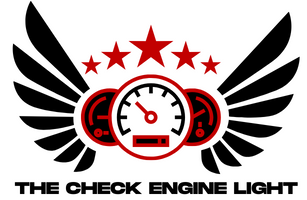

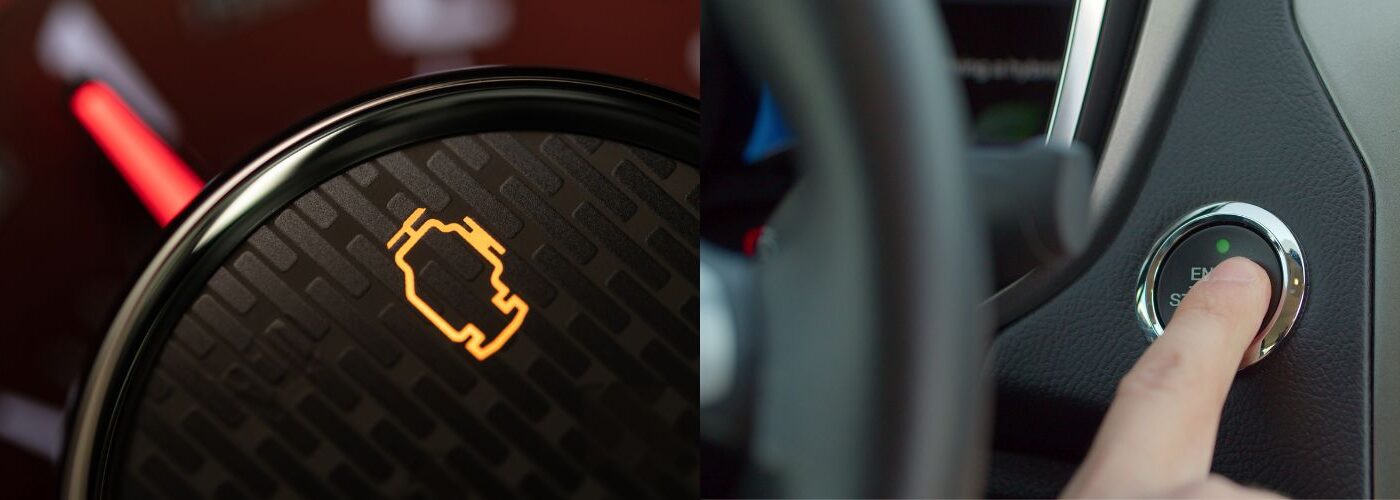
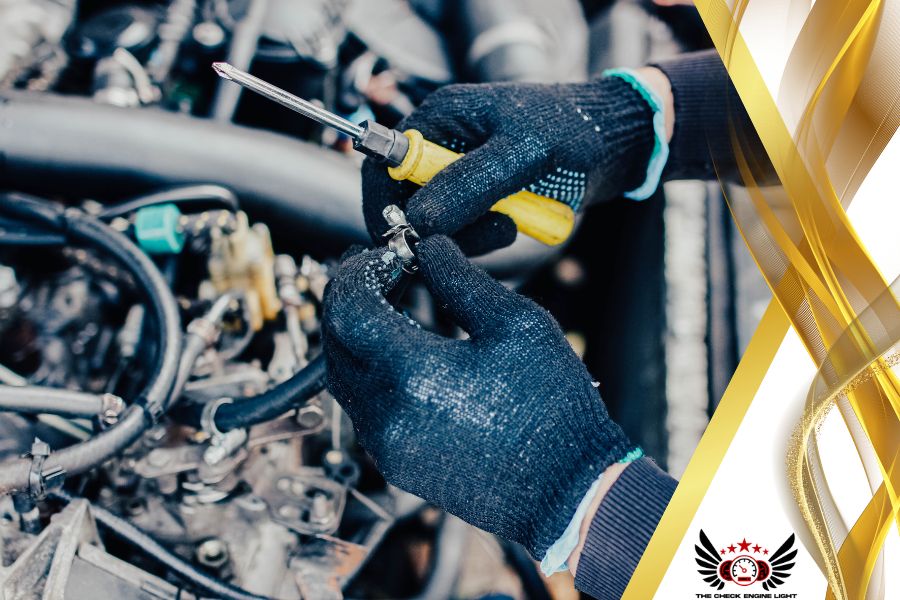
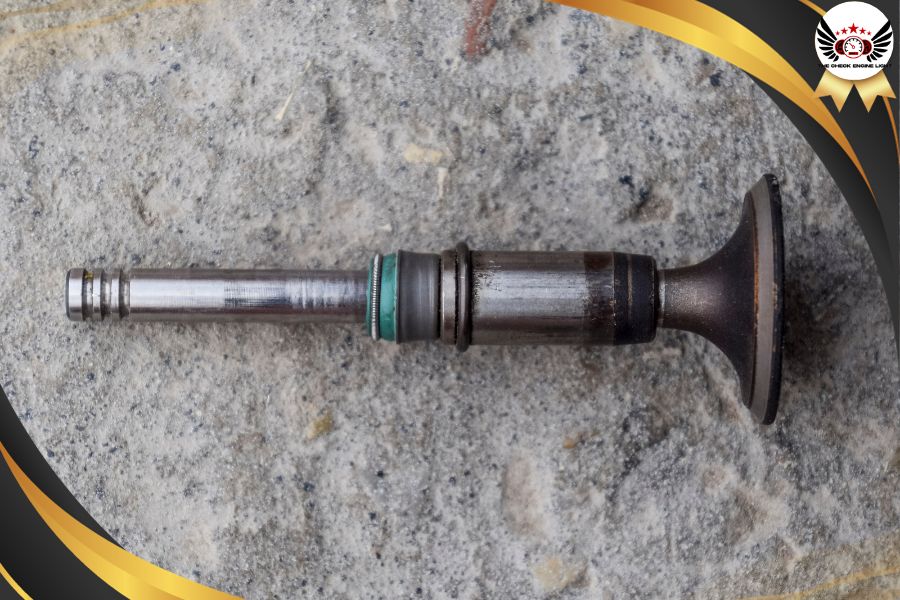
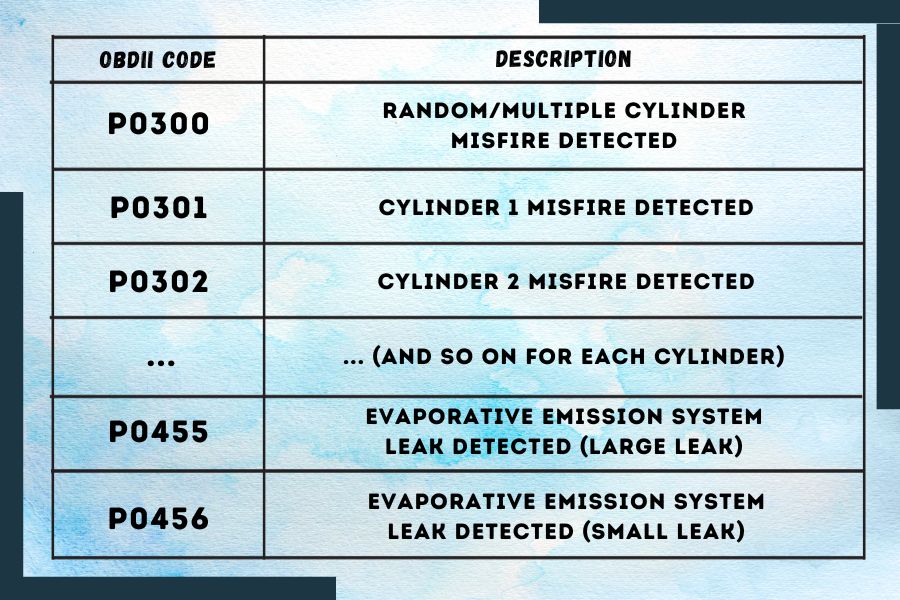
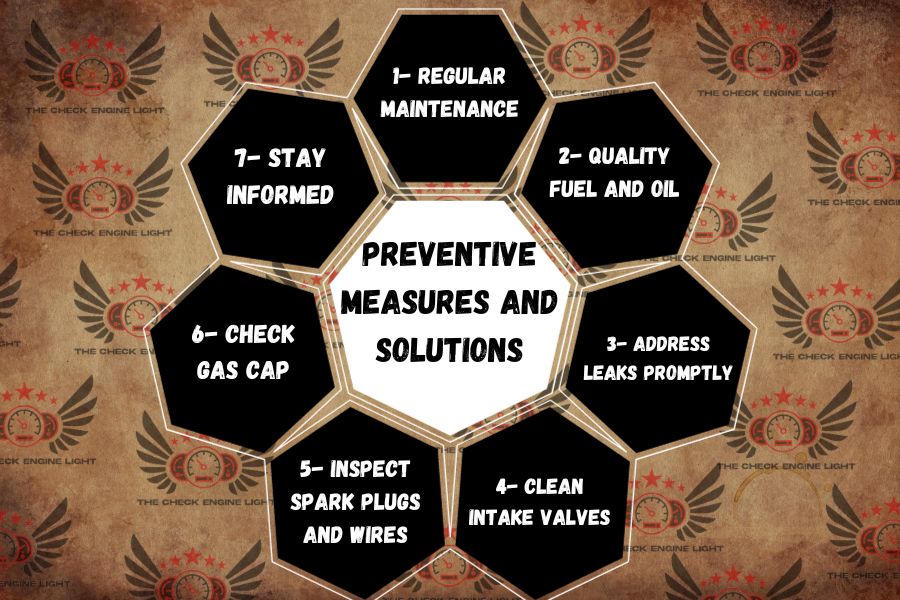
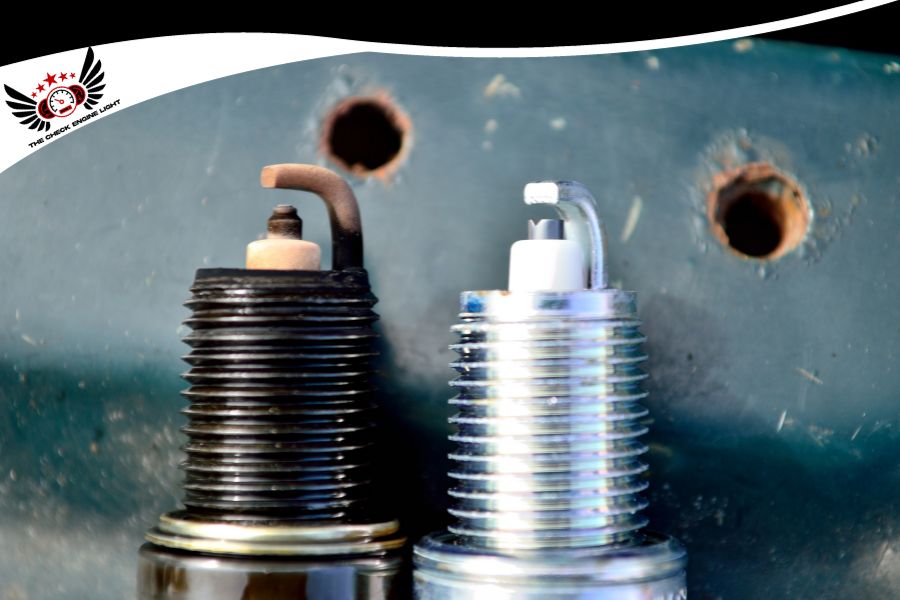
![an pic for Code p0420 Check Engine Light Fully Explained [2024]](https://thecheckenginelight.com/wp-content/uploads/2024/02/Code-p0420-Check-Engine-Light-Fully-Explained-2024-364x225.jpg)
